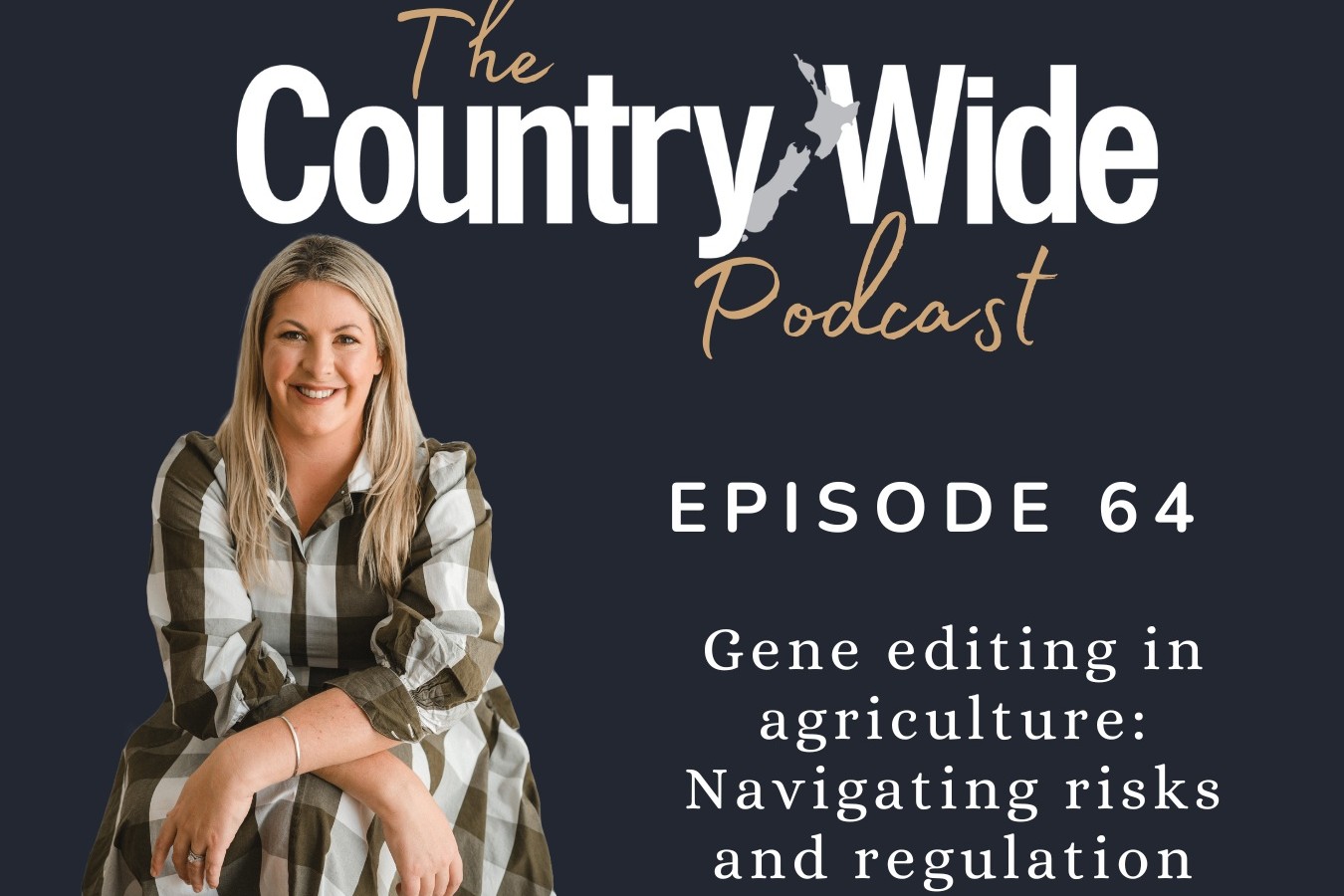Genetic Modification
2024 Nuffield Report – Coding for Change: Navigating adoption of gene editing in the New Zealand primary sector
In this episode, Sarah Perriam-Lampp talks with Nuffield Scholar Rachel Baker about her research into the potential future of gene editing in New Zealand’s primary industries which formed the basis of her 2024 Nuffield scholarship. Rachel explored how New Zealand could responsibly adopt the technology while protecting its global reputation.
She highlights international models, like Norway’s, and sees early potential in horticulture. Emphasising transparency, trade alignment, and inclusivity, Rachel believes gene editing should be farmer-led and value-driven—supporting innovation while respecting consumer choice and the diverse values across New Zealand’s food and fibre sectors.
Episode 64 – Gene editing in agriculture: Navigating risks and regulation
In this episode, Sarah Perriam-Lampp speaks with two professors with expertise in gene editing about New Zealand’s proposed gene editing legislation. Professor Jack Heinemann discusses why the concerns about the details of the Gene Technology Bill are crucial for the likes of Fonterra. He highlighted risks around traceability and the increased level of compliance for farmers and the potential limitations of trade access.
Professor David Williams, with his expertise in gene editing, warns of potential unintended consequences and GMO contamination, advocating for a robust regulatory framework to safeguard farmers and the environment. Together, they explore the need for careful oversight in the evolving field of gene editing at the Bill works through the submission process.
The case for genetic modification
New Zealanders were scared off GM back in the early 2000s, but the science has moved on since then and the calls to rethink our stand on gene-editing technology are getting louder. By Joanna Grigg.



